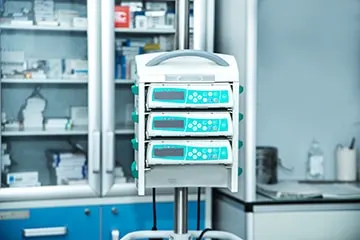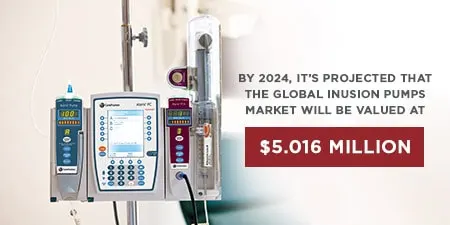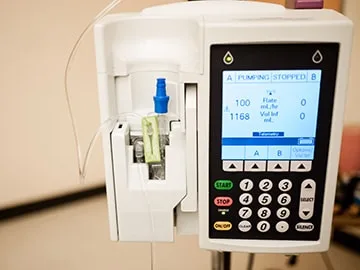Expert Tips on Managing Hospital Equipment in the Digital Age

Healthcare facilities are tasked with keeping track of all kinds of medical equipment. Hospital personnel must stay on top of inventory, assess whether equipment must be repaired, and ensure the cost of equipment stays within the confines of the operating budget. Being able to ensure that equipment is both accessible and affordable is a constant balancing act, but it's a necessary one to ensure the facility can continue to operate and that patients are able to receive the highest quality of care. With emerging technologies and healthcare reform impacting costs and quality, this is no easy feat. But if you're struggling with managing your medical equipment and its associated costs, the following tips may help.
Read More...








